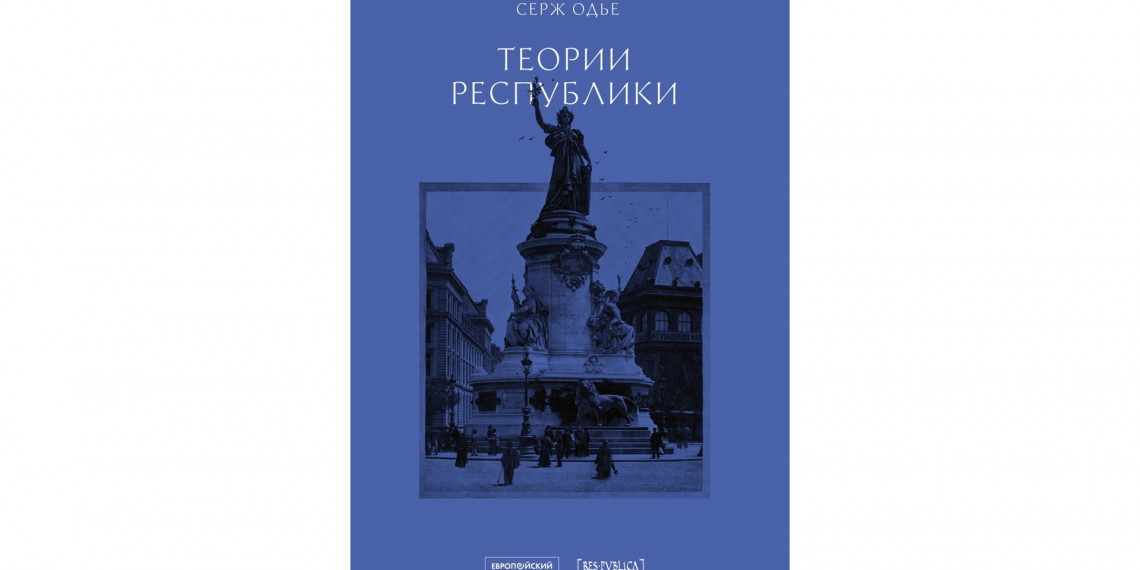
Research on republican theory and history of concepts is primarily associated with the publication of works on the history of republican thought and history of concepts.
Oleg Kharkhordin's book "Republicanism in Russia: Community Before and After Communism" was published in 2018 at Harvard University Press. He is now working on his book "Res Publica. History of the Concept", which accumulates essential knowledge of the republican theory from antiquity to the present day. EUSP press is preparing to publish the translation of one of the classic republican works of Serge Audier "Les théories de la république", prepared by Aleksei Vovin and a collection of articles about dignity ("Living with Dignity") - one of the key concepts of republican theory - edited by Oleg Kharkhordin.
Anna Novoseltseva is also studying the concept of "dignity". Her research focuses on the discourse on dignity in Russian intellectual thought, which is formulated here together with the reception of republican models of valor and virtue. Russian Enlighteners paid close attention to the ancient patterns of behavior in order to introduce the normative idea of a citizen and citizenship in Russia. Along with such notions as virtue, prowess, merit, glory and freedom, judgments about dignity were formulated and associated with republican order. However, the discourse on dignity occurred outside the enlightenment program as well. Orthodox theological thought became one of the lines along which knowledge about this concept was accumulated. The third alternative of reflections about dignity stemmed from the assumption that there is something in human nature that makes it worthy without reference to divine origin. These storylines do not make “dignity” something self-explanatory in the Russian intellectual tradition, but only outline its contours.
In her study, Anna Novoseltseva focuses on the study of those ideological currents that generated interest in this concept, and how the issue of its meaning was solved in each individual case. How did such distinct notions of dignity and virtue intertwine into the common discursive space, and what were the reasons that made the domination of some of these notions possible and buried others into oblivion? And most importantly, what significance do ideas of dignity formed in the 18th and 19th centuries play in Russian political practice today? Can those concepts appeal to something, assign and define something?
Vladimir Korshakov is implementing another important project related to the study of ideas about freedom and political power as reflected in written sources and monuments of fine art in medieval Novgorod.